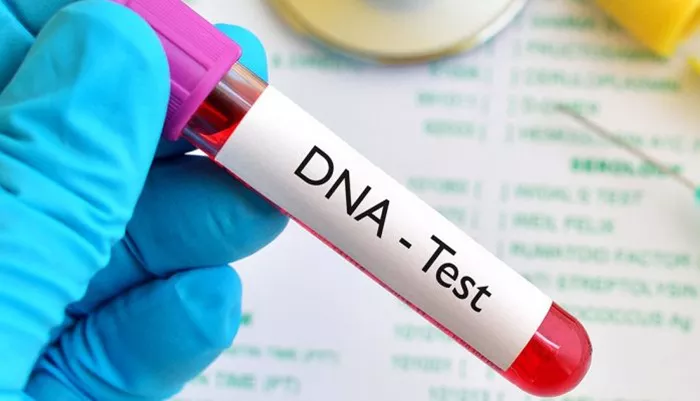Newborn babies in Missouri are currently screened for more than 70 serious health conditions through a routine blood test done by a heel stick in their first days of life. This screening, required by state law, looks for genetic, metabolic, and other disorders that could affect a child’s health.
But researchers say a new approach could be much more effective. A recent study, known as GUARDIAN, found that DNA sequencing can detect thousands of genetic diseases—many of which are treatable or preventable if caught early.
Dr. Joshua Milner of Columbia University, a co-author of the study, said, “Genome sequencing can radically improve children’s medical care. It allows us to detect serious illnesses and intervene early. It should be the next standard for newborn screening because it finds much more than current methods.”
The GUARDIAN study examined the genomes of 4,000 newborns. In doing so, it identified serious conditions in 120 babies—only 10 of which were caught by standard newborn screening. One case involved a baby with a rare gene variant that causes severe immune deficiency. Thanks to early diagnosis through DNA testing, the child received a lifesaving bone marrow transplant.
Dr. Wendy Chung, the study’s principal investigator and now chief of pediatrics at Boston Children’s Hospital, emphasized the value of early genetic testing. “In my experience, many children suffer for years with unexplained symptoms before getting a diagnosis. By then, the best chance for treatment is often lost,” she said. “With genomic technology, we can now make those diagnoses at birth, sparing families long, uncertain journeys.”
The findings suggest that genome sequencing could become a powerful new tool in newborn care—one that gives doctors a better chance to treat diseases before symptoms begin.
Related topics:


